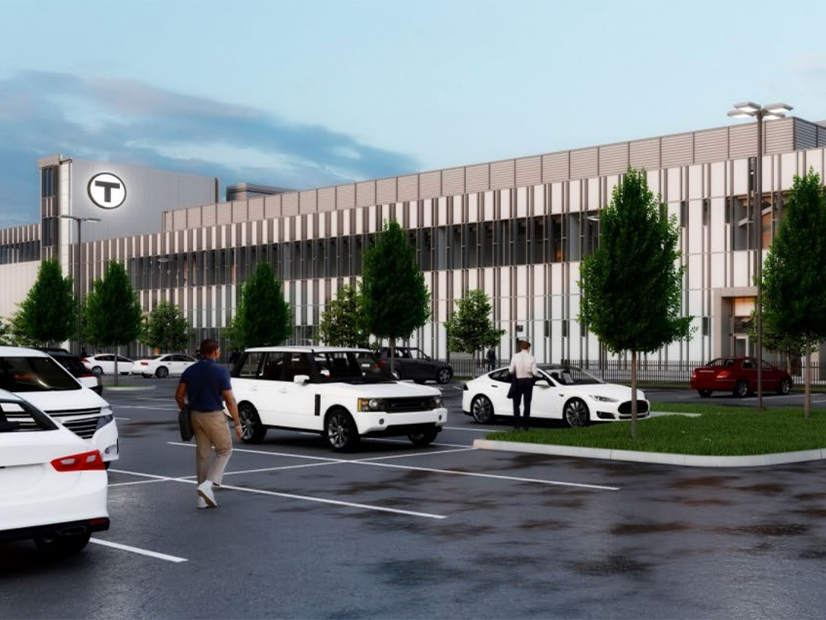
Connecticut is preparing to advance its program this year for fully electrifying the state transit bus system, Department of Transportation (ConnDOT) Deputy Commissioner Garrett Eucalitto said Thursday.
The state previously secured federal grants for the priority program, but funds from the Infrastructure Investment and Jobs Act will help kick the program into “high gear,” Eucalitto said during an Environmental Business Council of New England webinar.
CTtransit, which is a ConnDOT-owned bus service, has a fleet of 600 buses, and the department supports the purchases of about 180 other buses for smaller transit districts in the state, according to Eucalitto.
The department stopped buying diesel buses for CTtransit last year, and Gov. Ned Lamont signed an executive order in December directing the agency to discontinue funding purchases of any diesel buses by the end of next year.
“Every replacement bus we procure … is now going to be electric,” Eucalitto said. “We intend, within the next 13 years, to have a 100% electric transit fleet in this state.”
Last January, ConnDOT secured a deal with New Flyer of America for the purchase of 12 Xcelsior Charge battery-electric buses (BEBs), with an option to purchase up to 63 more buses over two years. CTtransit activated the first bus for that new fleet in Hamden in October. The $21.8 million project includes the purchase of the 12 buses and associated direct-current fast chargers from ABB, as well as upgrades to electric infrastructure and bus facilities.
The biggest challenge for the entire fleet transition, according to Eucalitto, will be updating the infrastructure for the fleet garages.
“A lot of people think purchasing the buses will be the expensive part and the difficult part, but we have a lot of depots that are spread across the state, and it’s going to be difficult for us to really get in, upgrade the electrical systems and potentially build some substations,” he said.
For the Massachusetts Bay Transportation Authority, investing in bus facilities is the “most challenging” part of electrifying its 1,100 buses by 2040, according to Jamey Tesler, CEO of the Massachusetts Department of Transportation.
The authority’s facilities are “older,” and they have “many different requirements to be upgraded and modernized,” he said during the webinar. A near-term priority plan for the authority will see the replacement of a 100-year-old garage in Quincy that services the fleet’s oldest diesel buses.
“In 2024, when [the Quincy] facility is complete, we’ll be able to replace our highest-emissions diesel buses with a battery-electric bus fleet,” Scott Hemway, director of bus modernization at Boston’s Massachusetts Bay Transportation Authority (MBTA), said during a Dec. 9 public meeting.
In 2027, the authority is planning to complete an upgrade to its Arborway bus maintenance facility in Boston that will support the transition from 118 compressed natural gas buses to 200 BEBs. The entire fleet transition, according to the MTBA, will require facility upgrade investments totaling $4.5 billion through 2035.
“Because these facilities are challenging to build, they are very expensive, but they are an essential ingredient in the equation to bring about an electric fleet over time at the MBTA,” Tesler said.
The agency is still in the process of identifying funding for construction of the Arborway facility, which is slated to begin in 2024.


